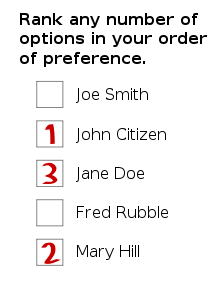1) Get rid of the Electoral College.
2) get rid of any contributions to PAC, 501(C)4's, or anything other than the candidates themselves. Stop pretending the transfer of wealth is "Speech".
3) Allow ALL candidates to have free airtime in equal amounts.
A huge mistake! It would put all the election results in the big cities and totally do away with representation from the Middle Americans. Results from New York, Chicago, Los Angeles and the other liberal strongholds would guarantee an election even before the votes are in.
The Founders were extremely smart in trying to balance the states versus a central government. And they also took step to prevent the mob rule of unfettered democracy.
The Electoral College is the backbone of a true representative government.



